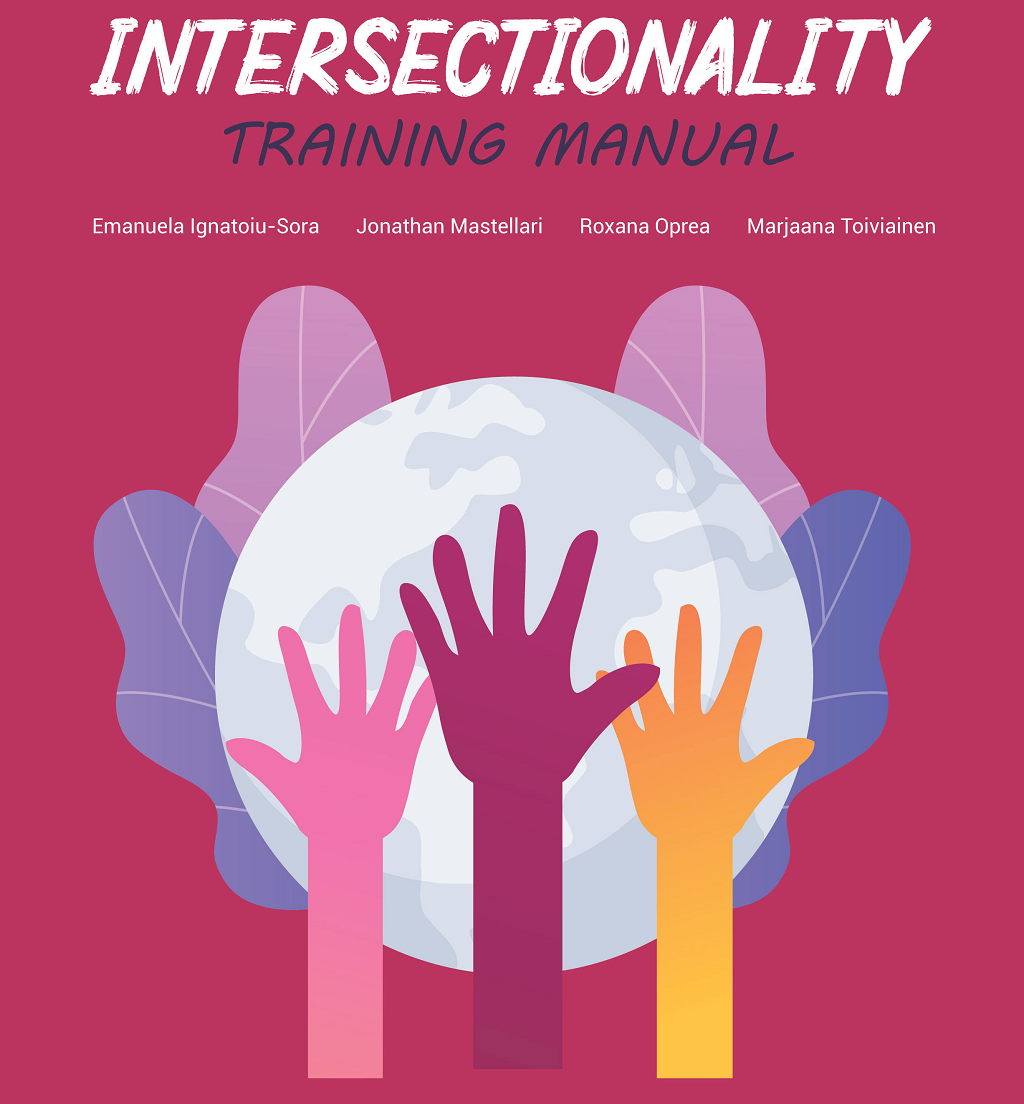A new training manual offers a practical toolkit on intersectionality
4.11.2021
Intersect Voices in Europe project, coordinated by Deaconess Foundation and implemented with three European Roma rights organizations, has published a practical toolkit on intersectionality for professionals, activists and all those interested in tackling multiple discrimination.

Multiple discrimination refers to a situation or a process in which a person is discriminated against for more than one reason. Intersectionality, in turn, draws attention to identity diversity and intersecting and overlapping forms of differences.
When it comes to materials on discrimination, the variety and quantity of available documents is rather extensive. In the new training manual, however, the partnering organizations have aimed at combining theoretical framework with concrete tips and tools. Thus, the manual addresses firstly the issues of power dynamics as well as embedded prejudices and biases that stand in the way of fair policies and equality. It also underlines the importance of identity in daily interactions and on how policies and authorities react to a person on the basis of her intersectional identity.
Secondly, the training manual brings into light the latest developments in the area of non-discrimination, from legal provisions to NGO tactics.
Thirdly, the document has a solid practical dimension, with checking lists and practical advice for NGOs, lawyers, activists or victims of discrimination. It also touches upon the theme of allyship, something which is often overlooked as a key to unlock the power of diversity and question the hierarchies in societies as well as communities.
The names of the three chapters of the manual designate the importance of being engaged in challenging systemic inequalities and fighting intersectional discrimination. The three chapters are: Learn the facts!, Fight discrimination! and Be an ally!. Through these aspects, the manual offers a thorough toolkit to various stakeholders concerning intersectionality and to a larger degree discrimination.
Intersectional approach helps us to understand complexity
Having an intersectional approach in social work, community organizing or human rights activism is fundamental in order to allow for a better understanding of problems in their complexity, thus offering answers and possible solutions that take into account all the identities and specific needs of the person or communities being supported. The intersectional approach allows deep and profound listening in all of person’s needs and identities.
Working with this type of approach is often considered more complex and requiring more energy. In reality, the intersectional approach saves a lot of time, making it easier to understand which actors to involve in the creation of an effective and efficient network. To do this, it is important to work leaving aside stereotypes and personal prejudices as much as possible and make the environment as comfortable and safe to everyone as possible.
When starting to work with an intersectional approach, it is essential to research on which associations and services are available in the reference area dedicated to specific needs or communities, and this manual will teach you how to work in such a manner.
A great goal which has motivated the writing of the manual is given the words of Kimberlé Crenshaw in her 1991 paper Mapping the Margins: Intersectionality, Identity Politics and Violence Against Women of Color:
“Through an awareness of intersectionality, we can better acknowledge and ground differences among us”.
View or download the pdf-format manual via this link:
Training manual about intersectionality and multiple discrimination. A practical toolkit for NGOs, activists and anyone interested in combating issues of multiple discrimination (pdf).

This manual has been elaborated within the project Intersect Voices in Europe – combating discrimination against Roma women, funded by the European Union’s Fundamental Rights, Equality and Citizenship (REC). The project ended in 2022.
The content of the manual represents the views of the authors only and is their sole responsibility. The European Commission does not accept any responsibility for use that may be made of the information it contains